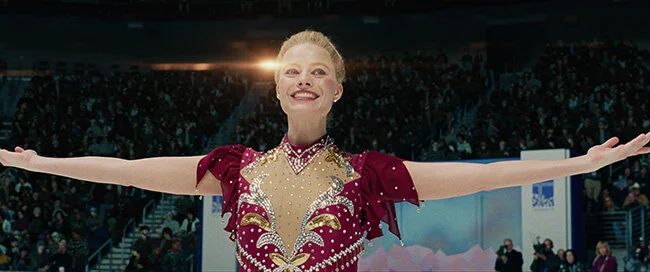Features
Black Love in a Post-Racial Utopia
In Hollywood, a Netflix miniseries created by Ryan Murphy and Ian Brennan, viewers are invited to imagine a 1940s America in which racism is an aberration.
Fabula
Sometimes a work’s meaning is lost in translation; other times its essence is accidentally found in it. In the case of the contemplative film experiments of German artists Matthias Müller and Christoph Girardet, the familiar territory of conventional storytelling — the art of fabula — has been translated from pure entertainment into pure reverie.
Neon Genesis Evangelion's Apocalyptic Psychology
Neon Genesis Evangelion presents itself as a giant robot anime, but action loses its centrality as the series progresses. Minus the tropes of the genre, Evangelion presents a story of how dysfunctional individuals try (and fail) to live their lives while facing a mounting unavoidable catastrophe.
Best Picture: Thoughts on Three
Oscar, So Dark. Unlike 1917 and Jojo Rabbit, Quentin Tarantino’s latest Hollywood fantasy is a tragic misfire.
The World is Mine: Orbiting a Virtual Star
In Otaku: Japan’s Database Animals, one of the first scholarly works on the subject to be translated into English, cultural theorist Hiroki Azuma associated the appearance of Japan’s otaku communities—groups of like-minded pop culture fans—with the postmodern breakdown of societal grand narratives.
The Tragedy of Comedy in I, Tonya
I first learned about the film I, Tonya (Dir. Craig Gillespie) when I saw an eye-catching advertisement for it at the Arclight Theater in Hollywood, which featured a life-size cardboard cutout of actress Margot Robbie as Tonya Harding, dressed in a competition-style figure skating dress and holding a lit cigarette with a tough-girl expression on her face.






